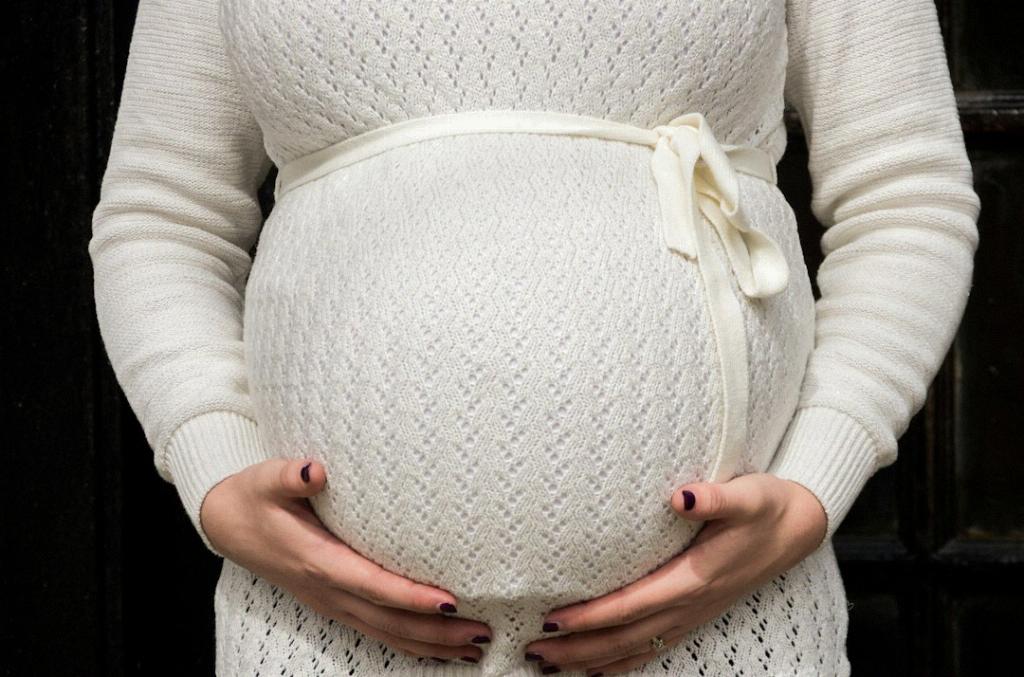Experiencing difficulties with gas passage after a C-section can be a concerning issue for many new mothers. If you find yourself in a situation where gas won’t come out, it’s crucial to address the matter promptly with your healthcare provider. Ignoring the symptoms can potentially lead to complications, such as ileus or paralyzed bowels, as explained by healthcare professionals.
Post-surgical gas retention can occur due to various factors, including the effects of anesthesia, decreased bowel movements, and the body’s natural response to abdominal surgery. The inability to pass gas after a C-section can be uncomfortable and concerning, but it’s essential to communicate openly with your healthcare provider about any problems you are experiencing.
When gas seems trapped or not moving as expected postpartum, it is important to pay attention to other symptoms such as abdominal distention, discomfort, and the absence of bowel sounds. These signs can indicate a potential issue that requires medical evaluation to prevent complications and ensure proper postoperative care.
If you notice that gas won’t come out after a C-section, discussing your concerns with a healthcare professional is crucial for proper diagnosis and treatment. Your healthcare provider can perform a physical examination, assess your symptoms, and recommend appropriate interventions to help alleviate gas retention and promote healthy bowel function.
It’s essential to remember that each individual’s recovery process after a C-section is unique, and factors such as preexisting medical conditions, surgical techniques used, and postoperative care can influence gas passage and bowel function. Open communication with your healthcare team is key to addressing any postoperative issues effectively.
In some cases, healthcare providers may recommend gentle exercises, such as walking or gentle abdominal massages, to help stimulate bowel movements and facilitate gas passage. Additionally, staying hydrated, eating fiber-rich foods, and following your healthcare provider’s postoperative care instructions can support a healthy recovery after a C-section.
If gas retention persists or is accompanied by worsening symptoms such as severe abdominal pain, nausea, vomiting, or fever, seek immediate medical attention. These symptoms could indicate a more serious underlying condition that requires prompt evaluation and treatment to prevent complications.
Remember that postoperative care plays a significant role in your recovery after a C-section, and staying informed about potential issues such as gas retention is essential for your well-being. By being proactive and seeking timely medical advice, you can ensure that any concerns regarding gas passage are addressed promptly and effectively.
Overall, if you find yourself in a situation where gas won’t come out after a C-section, don’t hesitate to reach out to your healthcare provider for guidance and support. Your well-being is paramount, and addressing any postoperative issues promptly can help promote a smooth and successful recovery following childbirth.

